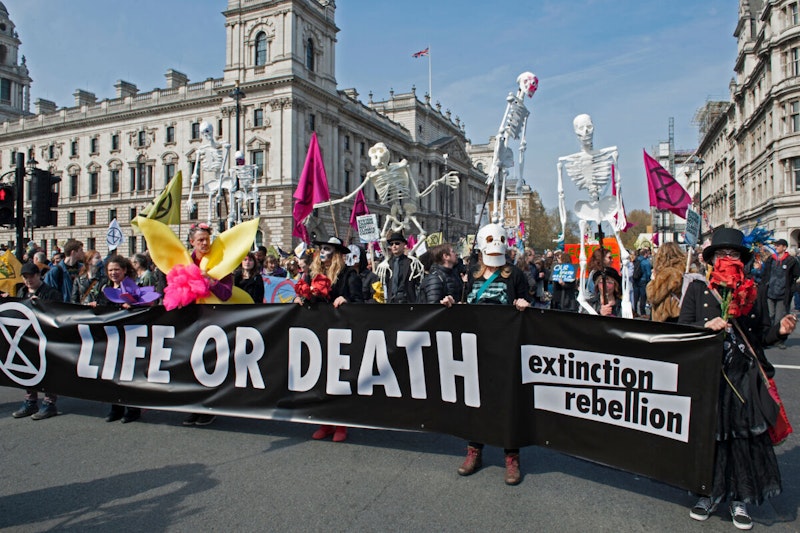In the News
Statute Update: Public Order Act 2023
4th September 2023
Increasing the powers in last year’s Police, Crime, Sentencing and Courts Act 2022, the Public Order Act 2023 introduces a raft of new anti-protest measures. Receiving Royal Assent on 2 May 2023, this new legislation widening the definition of disruptive behaviour, aims to prevent protests such as those undertaken by Extinction Rebellion which have brought transport networks to a halt and caused severe disruption.

Some of the key changes the Public Order Act 2023 implemented are:
- the first sections create a new offence of “locking on”, criminalising those who attach themselves to others, objects or building causing disruption, which carries a maximum sentence of six months imprisonment
- sections 6 to 8 of the Act make it an offence to obstruct or interfere with major transport works, which carries a max sentence of 6 months, or interfere with key national infrastructure such as airports, railway or oil or gas works, with a maximum 12 months imprisonment for those who do
- extend the Stop and Search powers of the police to search protestors who are setting out to cause disruption for items which may be used to do such
- section 18 gives the Secretary of State the right to bring a civil action seeking an injunction where protests are likely to cause serious disruption or risk public safety.
- introduced Serious Disruption Prevention Orders allowing the courts to prohibit certain individuals from being in a particular place, with particular people or with particular objects in their possession and using the internet “to facilitate or encourage a person to commit a protest related offence”, to try and halt people planning to cause serious disruption through protesting, which if breached has a maximum sentence of six months imprisonment
These measures have faced much criticism, including that from UN High Commissioner for Human Rights, Volker Türk for curtailing the public’s right to protest whilst increasing the powers of the police which is not seen to be necessary, considering their existing powers. This new legislation could also be seen to violate peoples’ human rights, particularly Article 10 freedom of expression and Article 11 freedom of assembly and association.

Questions to consider
- When new laws are enacted it should be considered whether these are necessary and proportionate. Do you think the changes brought in under the Public Order Act 2023 are necessary and proportionate?
- Do the changes adequately balance against Article 10 and Article 11 rights?
- This legislation was brought in just a few days before the Coronation of King Charles IIII. Do you think there may have been any reasons for this?